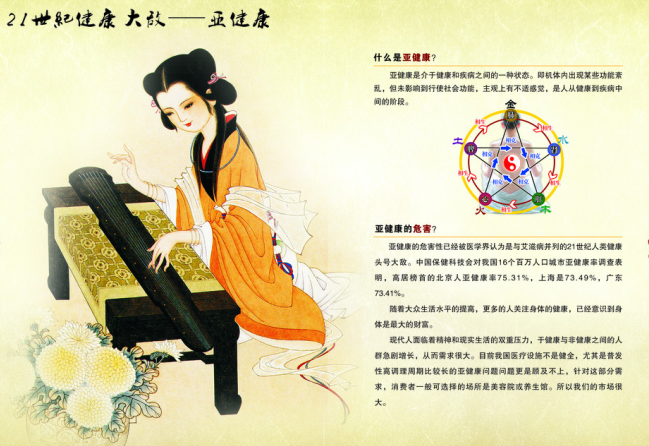For the convenience of clinical application, internal diseases are usually classified in the light of their etiology and pathogenesis. In terms of etiology, internal diseases are divided into two categories: exogenous diseases that are caused by six exogenous pathogenic factors, and endogenous diseases that are caused by seven abnormal emotional factors, improper diet, overstrain, disturbance of distribution of qi, blood and body fluids, and the pathological product secondary to the disturbance.
In terms of pathogenesis, internal diseases can usually also be divided into two categories: exogenous diseases and miscellaneous diseases. This book mainly discusses the miscellaneous diseases, which are chiefly caused by internal damage. Some diseases caused by exogenous pathogenic factors, such as cough, diarrhea, and stranguria, are conventionally discussed under the category of endogenous diseases. This is because most of their manifestations are similar to those of endogenous diseases.

Although the endogenous diseases are varied in types and complicated in pathological changes, their pathogenesis is always limited to the dysfunction of zang-fu organs, disturbance in the production and distribution of qi, blood and body fluid, and the dysfunction of meridian system. To descend to particulars, the lung controls qi and respiration; disorders such as cough and asthma caused by the impaired dispersion of lung qi and dysfunction of respiration belong to diseases of the lung. The heart dominates blood and vessels, and rules the spirit; diseases such as arrhythmia, coronary heart disease and epilepsy are the result of disturbance of blood circulation and abnormality of emotional and mental activities and belong to diseases of the heart.
The spleen rules transportation and transformation, and the stomach functions in receiving and digesting food; the dysfunction of the spleen and stomach may lead to gastritis, enteritis and constipation. The liver is a resolute organ, attributed to wood element and responsible for maintaining smooth circulation of qi; the dysfunction of the liver and gallbladder in maintaining smooth circulation of qi may lead to diseases such as hepatitis, hepatocirrhosis and cholecystitis. And endogenous wind due to hyperactivity of liver yang may disturb the head and eyes and lead to dizziness and headache.
The kidneys store essence, dominate the development and reproduction, and control water metabolism; therefore diseases affecting the urinary and reproductive systems such as impotence, spermatorrhoea, nephritis and urinary infections can be ascribed to diseases of the kidneys. Diseases such as rheumatoid arthritis and gout are caused by the invasion of pathogenic factors into the meridian system, and should be classified into diseases of the meridian system. By taking the five-zang-organ system as the key link, associating it with the systems of six-fu-organs, meridian, and qi, blood and body fluids, endogenous diseases may be categorized into different patterns. Some diseases such as "xulao" (consumptive disease) and systemic lupus erythematosus (SLE) may affect two or more organs and should be ascribed to the category of systemic disease.







